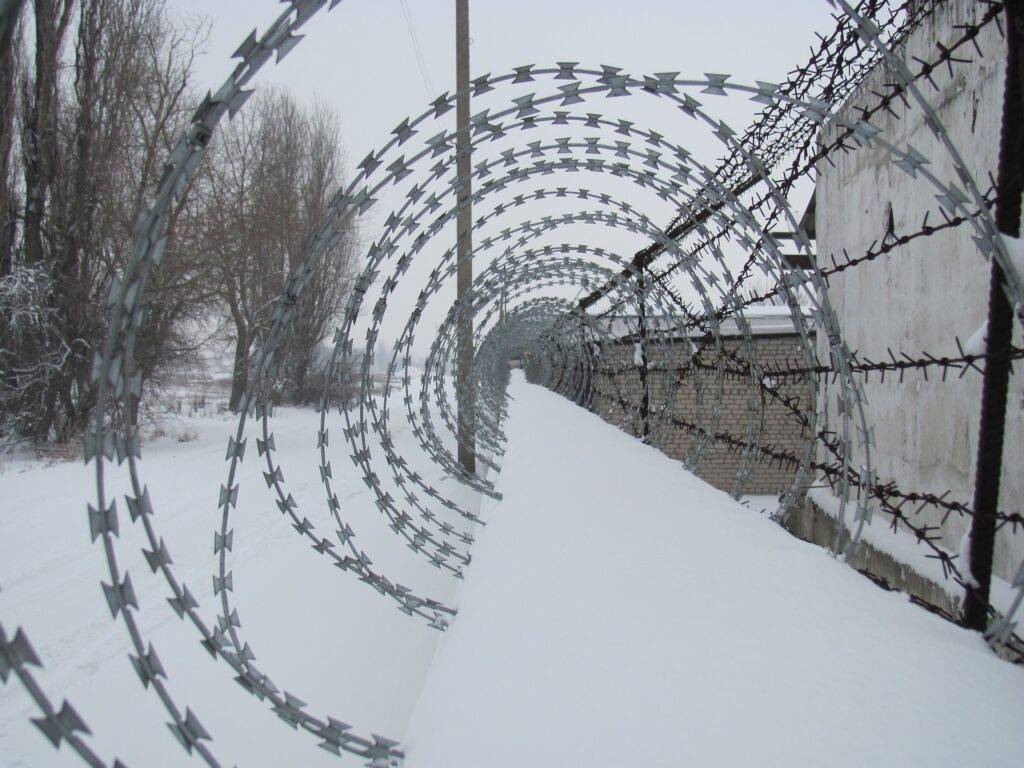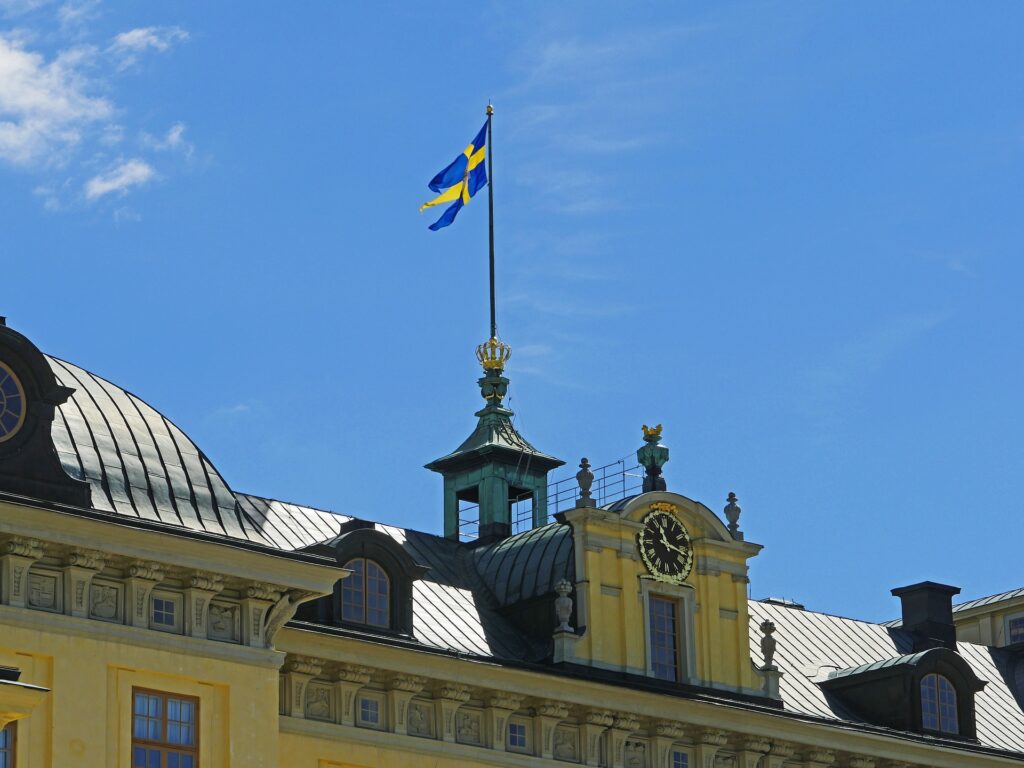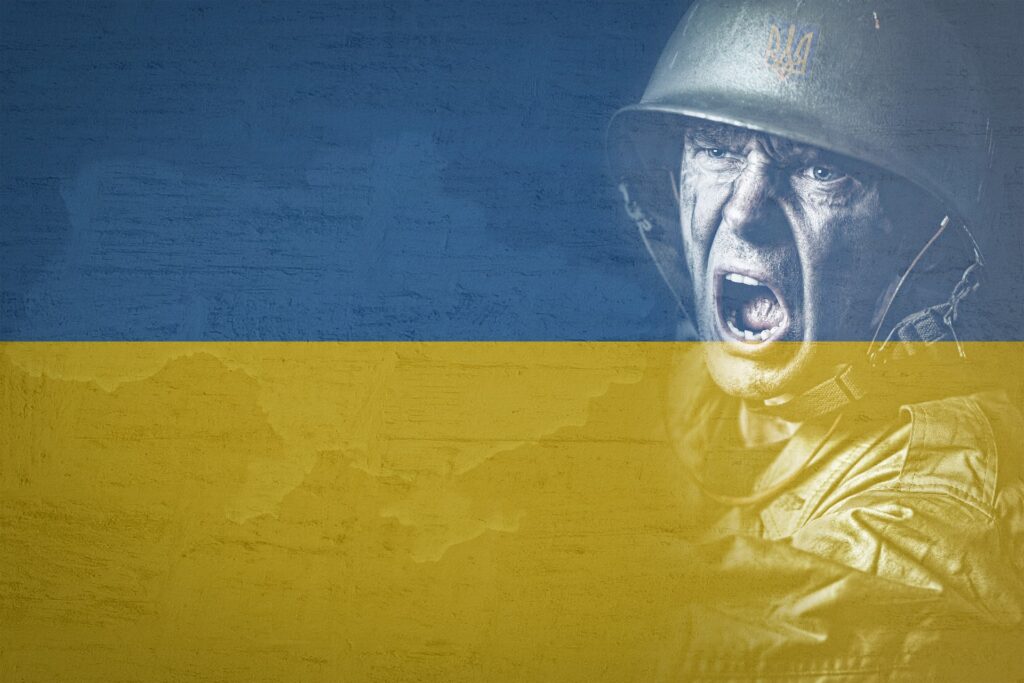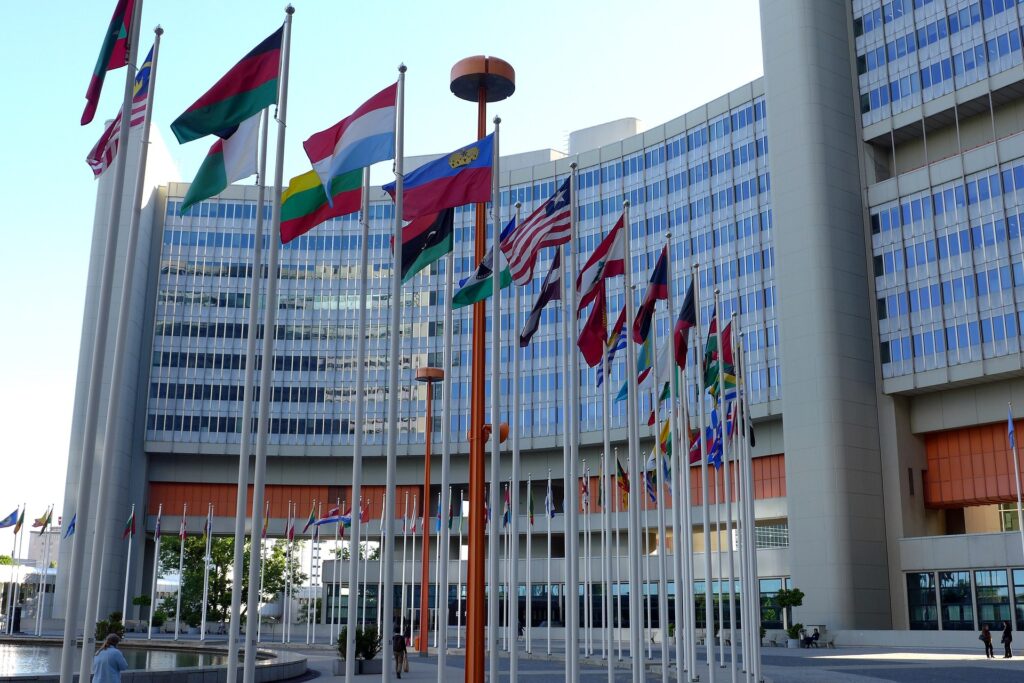The Frankfurt School: a critique
LOGOS GEOPOLITICAL INSTITUTEcontact@geopolitical-institute.com.brBrazil, São Paulo/SP – February 28, 2024 ABSTRACT Acclaimed by many Marxists, the Frankfurt School has controversial and, at times, contradictory pillars. Paradoxically, it aims for human freedom through the suppression of freedom. It seeks to abolish religious expressions, material goods, and the sense of responsibility to guarantee true freedom to humanity, imposing […]
The Frankfurt School: a critique Read More »
